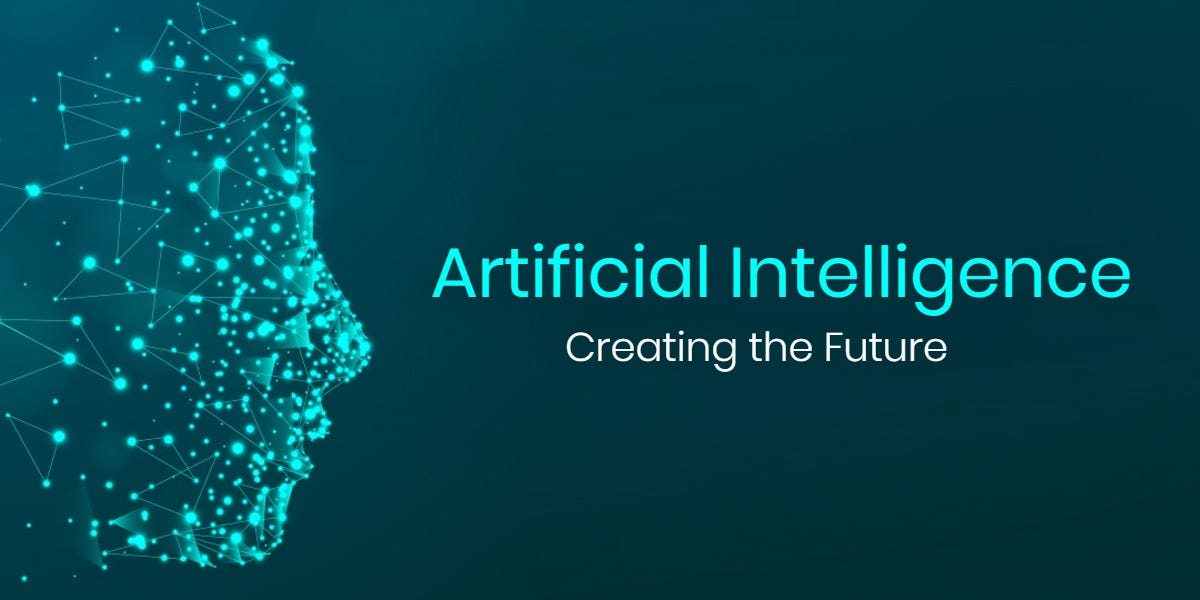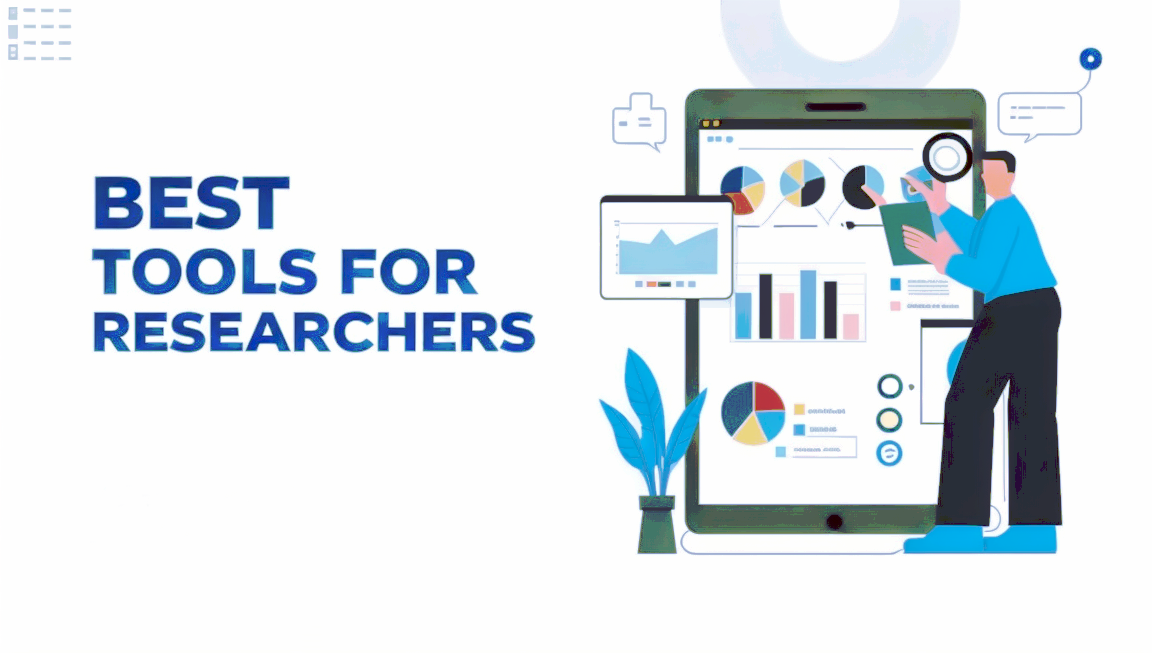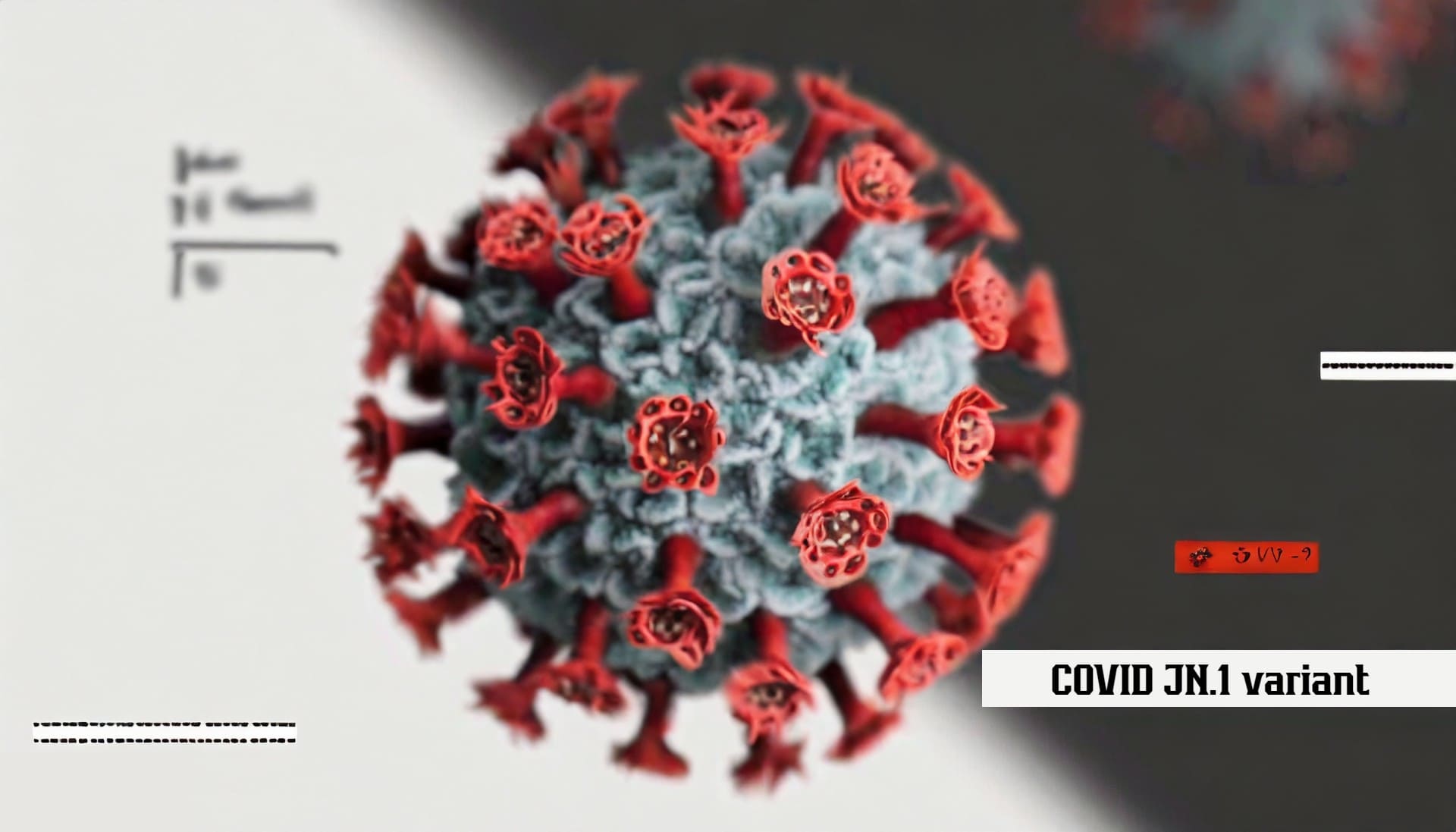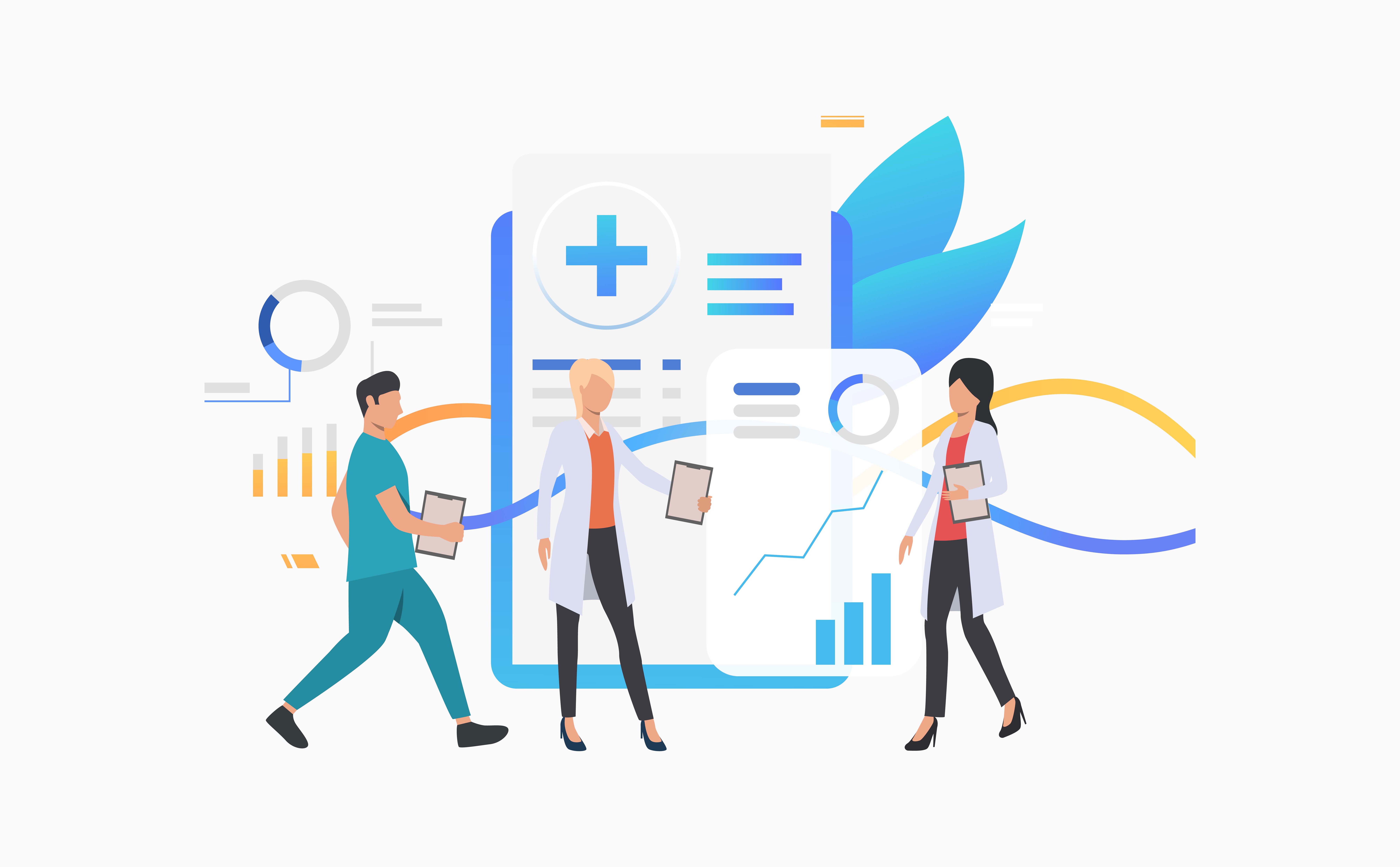The Rise of AI: Technology Trends in Healthcare

In recent years, the integration of Artificial Intelligence (AI) technology in healthcare has revolutionized the way medical professionals diagnose, treat, and care for patients. AI, a branch of computer science that simulates human intelligence, has paved the way for significant advancements in various healthcare domains, including diagnostics, patient care, and healthcare management. This article explores the rise of AI in healthcare, the benefits and potential risks it brings, as well as the ethical considerations surrounding its integration.
Understanding AI in Healthcare
AI in healthcare refers to the utilization of computer systems and algorithms that enable machines to simulate and replicate human intelligence, thereby augmenting healthcare processes and decision-making. These AI systems can analyze vast amounts of data, recognize patterns, and generate insights to support healthcare professionals in making accurate diagnoses, devising personalized treatment plans, and enhancing patient care.
The Benefits and Potential Risks of AI Integration
The integration of AI in healthcare brings numerous benefits to both patients and healthcare providers. AI can improve diagnostic accuracy, streamline healthcare workflows, and facilitate early disease detection. It also has the potential to enhance patient engagement and communication, automate surgical procedures, optimize resource allocation, and revolutionize healthcare research and development. However, it is crucial to recognize the potential risks associated with AI integration, such as data privacy concerns, algorithmic bias, and the need for comprehensive regulatory frameworks to ensure patient safety and ethical considerations.
Ethical Considerations in AI-driven Healthcare
As AI becomes more prevalent in healthcare, ethical considerations play a vital role in ensuring its responsible and fair implementation. Healthcare professionals and policymakers must address ethical concerns related to patient data privacy, the transparency and explainability of AI algorithms, and protection against cyber threats and data breaches. Additionally, recognizing and mitigating algorithmic bias is crucial to avoid perpetuating existing healthcare disparities and ensuring fair and equal treatment for all patients.
Enhancing Diagnostics through AI-powered Technologies
AI-powered technologies have revolutionized the field of diagnostics by enhancing accuracy, efficiency, and decision-making capabilities in healthcare settings. This section explores how AI-based medical imaging analysis, AI-driven clinical decision support systems, and AI-enabled remote patient monitoring have transformed diagnostics in healthcare.
AI-based Medical Imaging Analysis
AI-based medical imaging analysis has revolutionized the field of radiology by streamlining diagnosis through image recognition. By analyzing medical images, such as X-rays, CT scans, and MRIs, AI algorithms can detect patterns and anomalies that might be missed by human radiologists. This technology not only improves the efficiency and accuracy of radiology reports but also enables early detection of diseases and abnormalities.
"AI algorithms have the incredible ability to analyze medical images with lightning speed, empowering healthcare professionals with a valuable tool for accurate diagnosis." - Dr. Sarah Johnson, Radiologist
AI-driven Clinical Decision Support Systems
AI-driven clinical decision support systems leverage predictive analytics to assist healthcare professionals in making informed decisions. By analyzing large datasets and patient-specific information, these systems can identify patterns, predict disease outcomes, and recommend personalized treatment plans. This technology reduces medical errors, enhances patient outcomes, and enables early intervention and preventive healthcare measures.
"With AI-driven clinical decision support systems, healthcare professionals can harness the power of data and algorithms to provide the best possible care for each individual patient." - Dr. Mark Thompson, Physician
AI-enabled Remote Patient Monitoring
AI-enabled remote patient monitoring has transformed the way patients manage their health by empowering them with real-time health monitoring capabilities. Through wearable devices and Internet of Things (IoT) technologies, AI algorithms can collect and analyze patient data, enabling early detection of health issues and providing valuable insights for preventive healthcare measures. Furthermore, AI-enabled remote patient monitoring ensures efficient resource allocation in healthcare settings, reducing unnecessary hospital visits and optimizing healthcare resources.
"With AI-enabled remote patient monitoring, patients can actively participate in their own healthcare journey, leading to improved outcomes and reduced healthcare costs." - Jane Adams, Healthcare Advocate
Revolutionizing Patient Care with AI
AI technology is revolutionizing patient care by enhancing patient engagement, enabling precision surgery, and transforming healthcare management through data analytics. This section delves into the impact of AI-powered virtual assistants and chatbots, robotics and AI in surgery, as well as AI-driven analytics for healthcare management.
AI-powered Virtual Assistants and Chatbots
AI-powered virtual assistants and chatbots have transformed patient engagement and communication in healthcare settings. These intelligent conversational systems provide personalized virtual healthcare support, allowing patients to ask questions, receive real-time medical advice, and access healthcare services regardless of time and location.
"With AI-powered virtual assistants, patients can have their healthcare queries answered at any time, ensuring they receive the support they need when they need it." - Dr. Emily Carter, Family Physician
Robotics and AI in Surgery
Robotics and AI have revolutionized surgery by enabling precision and automation in surgical procedures. Through robotic-assisted surgery, surgeons can perform complex operations with increased accuracy and dexterity. This technology also facilitates minimally invasive techniques, leading to faster recovery times, reduced pain, and improved patient outcomes. Further advancements in teleoperated surgical systems enable expert collaboration, allowing surgeons to assist and guide procedures remotely.
"Robotics and AI have transformed the surgical landscape, enhancing surgical precision, shortening recovery times, and promoting innovation in surgical techniques." - Dr. Michael Anderson, Surgeon
AI-driven Analytics for Healthcare Management
AI-driven analytics have the potential to optimize resource allocation and improve hospital operations. By analyzing vast amounts of healthcare data, AI algorithms can forecast disease outbreaks and epidemics, leading to proactive measures for disease prevention and control. Furthermore, AI-driven analytics revolutionize healthcare research and development by uncovering new insights, identifying treatment strategies, and facilitating the discovery of novel therapies.
"Healthcare management is undergoing a profound transformation with AI-driven analytics, empowering healthcare organizations to make data-driven decisions and improve overall patient outcomes." - John Davis, Healthcare Administrator
Data Privacy, Security, and Bias in AI-aided Healthcare
The rise of AI in healthcare has raised concerns regarding data privacy, security, and algorithmic bias. This section examines the ethical challenges surrounding AI and data privacy, the need to address algorithmic bias in AI applications, and the development of legal and regulatory frameworks for AI in healthcare.
Ethical Challenges in AI and Data Privacy
The integration of AI in healthcare necessitates careful consideration of ethical challenges, particularly concerning patient data privacy and safety. Healthcare organizations must implement robust data protection measures to safeguard patient information and ensure compliance with applicable privacy regulations. Additionally, transparent and explainable AI algorithms are essential to gain patient trust and confidence in the use of AI technology.
"Protecting patient privacy is of paramount importance when implementing AI in healthcare. Striking a balance between innovation and data security is crucial to maintain patient trust." - Dr. Elizabeth Roberts, Data Privacy Expert
Addressing Algorithmic Bias in AI Applications
Algorithmic bias presents a significant challenge in the development and deployment of AI in healthcare. To address this, healthcare professionals and data scientists must recognize and mitigate biases present in datasets used to train AI algorithms. By diversifying data sources and continuously monitoring for bias, AI applications can be developed and deployed in a fair and unbiased manner, ensuring equal treatment for all patients.
"Addressing algorithmic bias is essential to ensure equity and fairness in healthcare. By proactively addressing bias, we can make AI a powerful tool in promoting equal access to quality healthcare." - Dr. James Lee, Data Scientist
Legal and Regulatory Frameworks for AI in Healthcare
As AI continues to transform healthcare, the development of legal and regulatory frameworks is necessary to ensure responsible and ethical use of AI technology. These frameworks should provide guidelines and standards for AI development, balancing the need for innovation and patient safety. Additionally, liability and responsibility considerations must be explored to determine accountability when AI-driven healthcare systems are integrated into clinical practice.
"The establishment of comprehensive legal and regulatory frameworks is crucial in governing the use of AI in healthcare. Striking the right balance will promote innovation while safeguarding patient rights and safety." - Sarah Thompson, Healthcare Lawyer
Summary and FAQs
Key Takeaways from the Rise of AI in Healthcare
The integration of AI technology in healthcare has brought about transformative changes in diagnostics, patient care, and healthcare management. AI-powered technologies, such as medical imaging analysis, clinical decision support systems, and remote patient monitoring, enhance diagnostic accuracy, facilitate early disease detection, and improve resource allocation. Moreover, AI-driven virtual assistants, robotics in surgery, and healthcare analytics revolutionize patient care by improving communication, promoting precision surgery, and transforming healthcare management practices.
Frequently Asked Questions (FAQs) about AI in Healthcare
-
How safe is my personal health information with AI technologies?
Your personal health information is safeguarded through robust data protection measures implemented by healthcare organizations. These measures ensure compliance with privacy regulations and prioritize the security of patient data.
-
Can AI completely replace healthcare professionals?
AI technology is designed to augment healthcare professionals rather than replace them. The role of AI in healthcare is to support decision-making, improve efficiency, and enhance patient care. Healthcare professionals continue to play a vital role in clinical judgment, empathy, and personalized patient interactions.
-
What are the challenges in implementing AI in healthcare?
Implementing AI in healthcare comes with challenges such as ensuring patient data privacy, addressing algorithmic bias, and developing comprehensive legal and regulatory frameworks. Additionally, integrating AI into existing healthcare systems requires careful planning, investment in infrastructure, and ongoing training for healthcare professionals.
By embracing the potential of AI in healthcare while addressing ethical considerations and challenges, the healthcare industry can continue to evolve and provide improved patient care, diagnostic accuracy, and healthcare management practices. The rise of AI in healthcare is undoubtedly transforming the healthcare landscape, ushering in a new era of precision medicine, patient-centric care, and improved healthcare outcomes.






